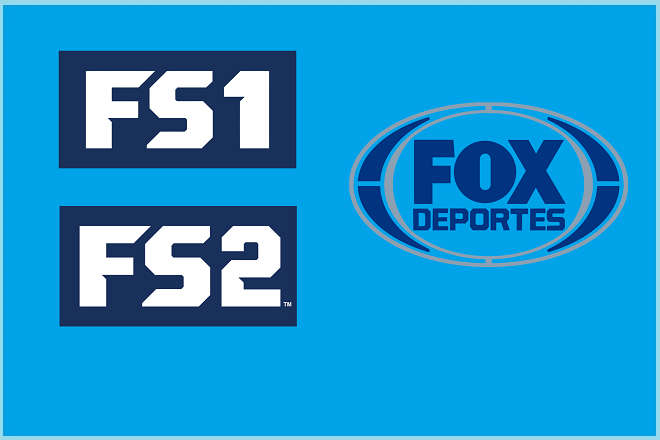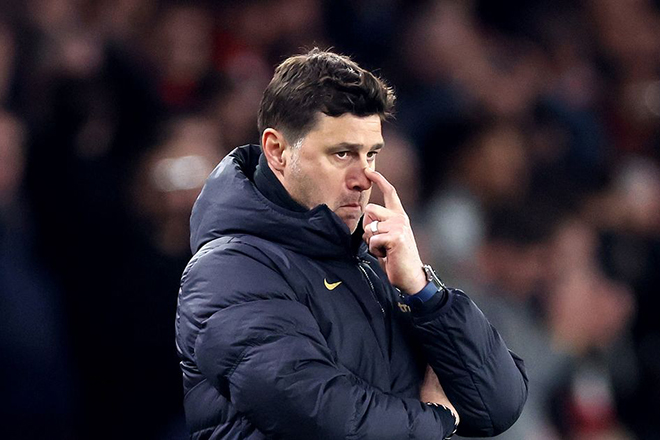Next month, over a thousand footballers in Ligue 1 and Ligue 2 are set to go on strike in protest against some new tax measures. But will it make a difference?
The summer between the end and the start of the football season is oftentimes a long one—whilst full of interesting transfers, disagreements, and other dramas—it’d be hard to find any fan of the beautiful game who isn’t eagerly counting down the days until their favourite league commences. Even if there is a summer tournament of note going on, like how in 2011 we had the Copa America and the women’s World Cup, it still doesn’t have the same pull as an upcoming clash between two arch rivals and of course the world’s biggest clubs facing off in the Champions League.
Well, two years ago, Serie A fans had to wait an extra few weeks before their league finally started—and the reason for this was a pretty typical problem behind any dispute—money. The issue stemmed from a conflict between the Associazione Italiana Calciatori (or simply Italian Footballers’ Association) and clubs over a decision made by the 20 top outfits trying to force players to move in their last year of the contracts. But, a more important issue was a new tax law that would see many of the players have to contribute more under a plan imposed by the Italian government due to newly enacted austerity measures.
In any case, after some wrangling from both sides, the season finally got underway on 9 September (less than two weeks after the original date on 27 August) and continued without further incident. However, back on 17 March 1996, the league was temporarily halted due to players’ discontent with some aspects of the Bosman ruling, but fortunately this was only a hiccup in terms of the duration of the 1995-1996 season as it only lasted for two days.
Now the issues of taxes appears to have spread northwest of Italy to France, where president Francois Hollande’s extreme tax measures—a 75% levy on all salaries exceeding €1m per annum—have driven both the top-flight and second tier clubs to go on strike during the weekend of 29 November. According to the Financial Times and other publications, the clubs allege that the tax will cost them over €40 million per year, further adding to the over €700 million they had to pay in taxes and other deductions last year which outweighs the amount they took in for broadcast rights.
And, the problem, naturally, will affect the less affluent clubs such as Lyon, Marseille, and Lille who already are struggling to keep up with their wealthier cousins PSG and Monaco, both of whom were purchased in recent years by cash-rich foreigners. However, it’s interesting to note that the large part of fans—not surprisingly—aren’t exactly sympathetic to the club’s woes, with an overwhelming majority in favour of the hefty taxes imposed on the clubs and thinking that the strike is frivolous and completely unnecessary in a time that many are simply struggling to get by.
Yet, some fear that the high taxes will make France less appealing for the world’s top footballers to ply their trades, with numerous actors and musicians opting to take up residence in other countries, despite the efforts of newly cash-rich clubs to attract some of the biggest talents in the game. This, in turn, will severely stall the progress of Ligue 1’s aspirations to become a competitive force alongside the Premier League, Bundesliga, Serie A, and La Liga. Indeed, one can argue that it’s a catch-22 situation: if world-class talent doesn’t have the incentive to go to France, then the country’s top teams will have difficulty in bringing in that same world-class talent because, as in any business, reputation is everything.
Both supporters and opponents of this new tax law have validity—and any financial expert could wax on and on about the pros and cons of imposing a massive levy on the nation’s highest earners. About 100 or so footballers in France make more than €1 per year, with all of them, obviously being in Ligue 1—with 21 of those players, including Swedish superstar Zlatan Ibrahimovic, all playing for Les Parisiens. That’s just a mere fraction of the over 1,000 players (taking 20 teams in Ligue 1 plus 20 more in Ligue 2 and then multiplying it by an average of 25 players per team) plying their trades in French football’s top two tiers, yet all will be affected by the strike which certainly is unlikely to change the tax scheme whatsoever.
Indeed, this mini-rebellion looks to be one of those cases in which a few individuals convince everyone that their troubles are an issue for all, but after the dust settles, the few who caused the ruckus won’t be any worse off whilst the masses, well, their situation certainly won’t have improved one bit. So, given this, hopefully both sides will be able to come to some sort of agreement within the next few weeks so as to avoid a farce of a situation that has little sympathy from the public at large.
Well, two years ago, Serie A fans had to wait an extra few weeks before their league finally started—and the reason for this was a pretty typical problem behind any dispute—money. The issue stemmed from a conflict between the Associazione Italiana Calciatori (or simply Italian Footballers’ Association) and clubs over a decision made by the 20 top outfits trying to force players to move in their last year of the contracts. But, a more important issue was a new tax law that would see many of the players have to contribute more under a plan imposed by the Italian government due to newly enacted austerity measures.
In any case, after some wrangling from both sides, the season finally got underway on 9 September (less than two weeks after the original date on 27 August) and continued without further incident. However, back on 17 March 1996, the league was temporarily halted due to players’ discontent with some aspects of the Bosman ruling, but fortunately this was only a hiccup in terms of the duration of the 1995-1996 season as it only lasted for two days.
Now the issues of taxes appears to have spread northwest of Italy to France, where president Francois Hollande’s extreme tax measures—a 75% levy on all salaries exceeding €1m per annum—have driven both the top-flight and second tier clubs to go on strike during the weekend of 29 November. According to the Financial Times and other publications, the clubs allege that the tax will cost them over €40 million per year, further adding to the over €700 million they had to pay in taxes and other deductions last year which outweighs the amount they took in for broadcast rights.
And, the problem, naturally, will affect the less affluent clubs such as Lyon, Marseille, and Lille who already are struggling to keep up with their wealthier cousins PSG and Monaco, both of whom were purchased in recent years by cash-rich foreigners. However, it’s interesting to note that the large part of fans—not surprisingly—aren’t exactly sympathetic to the club’s woes, with an overwhelming majority in favour of the hefty taxes imposed on the clubs and thinking that the strike is frivolous and completely unnecessary in a time that many are simply struggling to get by.
Yet, some fear that the high taxes will make France less appealing for the world’s top footballers to ply their trades, with numerous actors and musicians opting to take up residence in other countries, despite the efforts of newly cash-rich clubs to attract some of the biggest talents in the game. This, in turn, will severely stall the progress of Ligue 1’s aspirations to become a competitive force alongside the Premier League, Bundesliga, Serie A, and La Liga. Indeed, one can argue that it’s a catch-22 situation: if world-class talent doesn’t have the incentive to go to France, then the country’s top teams will have difficulty in bringing in that same world-class talent because, as in any business, reputation is everything.
Both supporters and opponents of this new tax law have validity—and any financial expert could wax on and on about the pros and cons of imposing a massive levy on the nation’s highest earners. About 100 or so footballers in France make more than €1 per year, with all of them, obviously being in Ligue 1—with 21 of those players, including Swedish superstar Zlatan Ibrahimovic, all playing for Les Parisiens. That’s just a mere fraction of the over 1,000 players (taking 20 teams in Ligue 1 plus 20 more in Ligue 2 and then multiplying it by an average of 25 players per team) plying their trades in French football’s top two tiers, yet all will be affected by the strike which certainly is unlikely to change the tax scheme whatsoever.
Indeed, this mini-rebellion looks to be one of those cases in which a few individuals convince everyone that their troubles are an issue for all, but after the dust settles, the few who caused the ruckus won’t be any worse off whilst the masses, well, their situation certainly won’t have improved one bit. So, given this, hopefully both sides will be able to come to some sort of agreement within the next few weeks so as to avoid a farce of a situation that has little sympathy from the public at large.




























